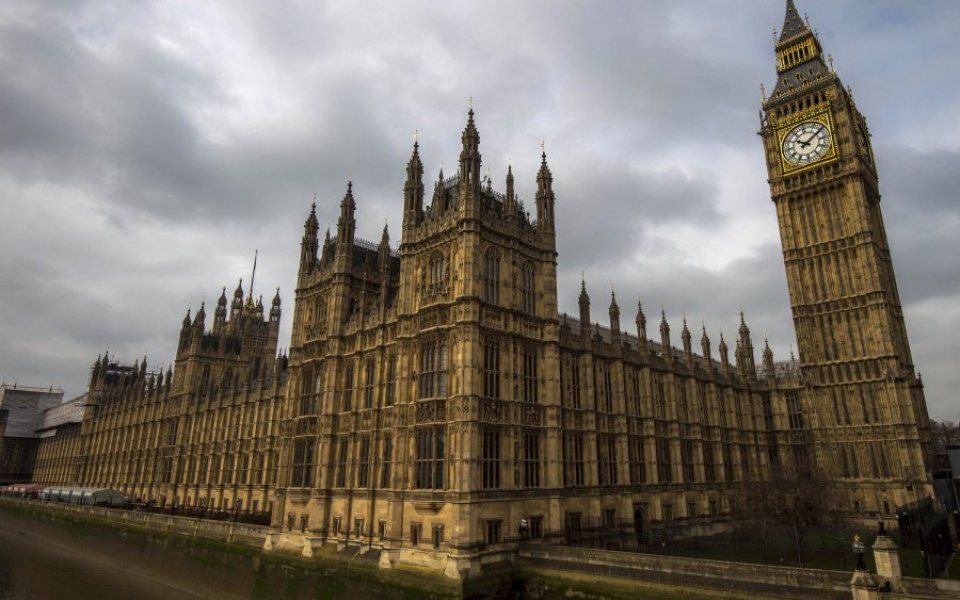Labour and Lib Dem peers fail to block government u-turn on “reverse burden of proof” in Senior Managers Regime

The government narrowly avoided a defeat last night when peers endorsed ministers' plans to abandon the controversial so-called reverse burden of proof in new financial regulation.
In a 198-200 vote last night, the House of Lords voted against an amendment tabled by Labour and Lib Dem peers to reinstate a "guilty until proven innocent" provision in the new Senior Managers & Certification regime (SMR), which is set to go into effect next March.
The Treasury had originally proposed that under the regulations, senior executives would be forced to prove their innocence when misconduct happened under their watch. But Treasury officials made a U-turn in October, saying a "duty of responsibility" would instead be applied.
Labour and Lib Dem peers, meanwhile, called the climbdown an “outrageous decision” that would “water down banker accountability”.
A Treasury spokesperson said last night: "The government has taken concerted action to improve conduct across the banking sector and deal with the abuses and unacceptable behaviour of the past. We’ve introduced the toughest rules on bankers’ pay of any major financial centre, and hardwired responsibility and accountability into the financial system, with those senior managers responsible for bringing down banks facing up to 7 years in prison."
The spokesperson added:
The senior managers regime is the next step in driving up standards across the whole financial services industry and will ensure that senior managers can be held to account for failings that occur on their watch. The duty of responsibility would embed a new culture of accountability, ensuring that senior managers will not be able to sidestep their responsibilities when something goes wrong. Crucially, ignorance will not be a defence.
Ahead of last night's vote, Lord Tunnicliffe, one of the Labour peers who supported the amendment, said the retention of the "reverse burden of proof" was "crucial".
"There was a time when banks and bankers were trusted and respected. Ask the public now however, what they think and they will use words like greed and exploitation," Tunnicliffe said. "The road back to public confidence will be long and difficult. But we believe the starting point lies with the reverse burden of proof."